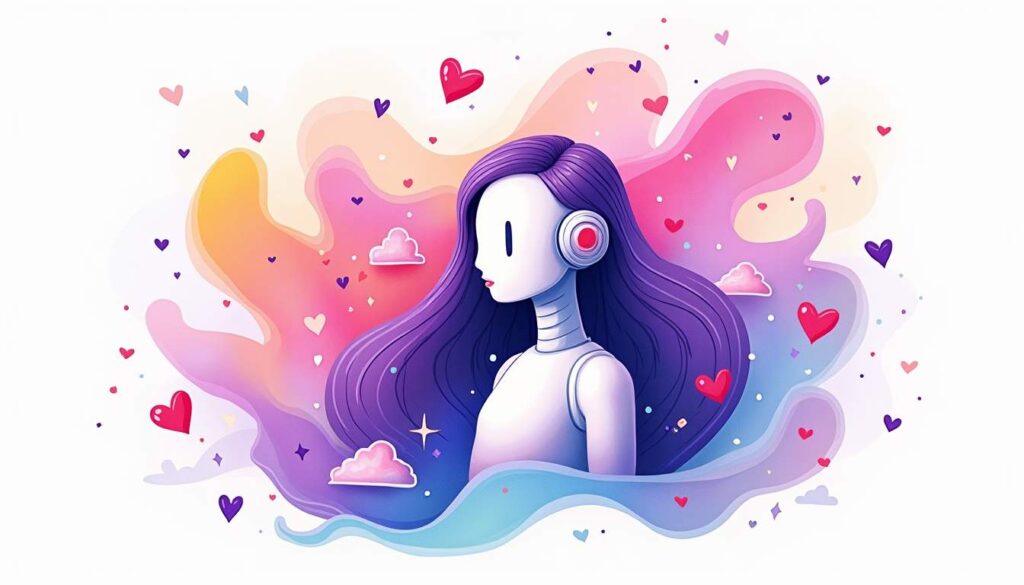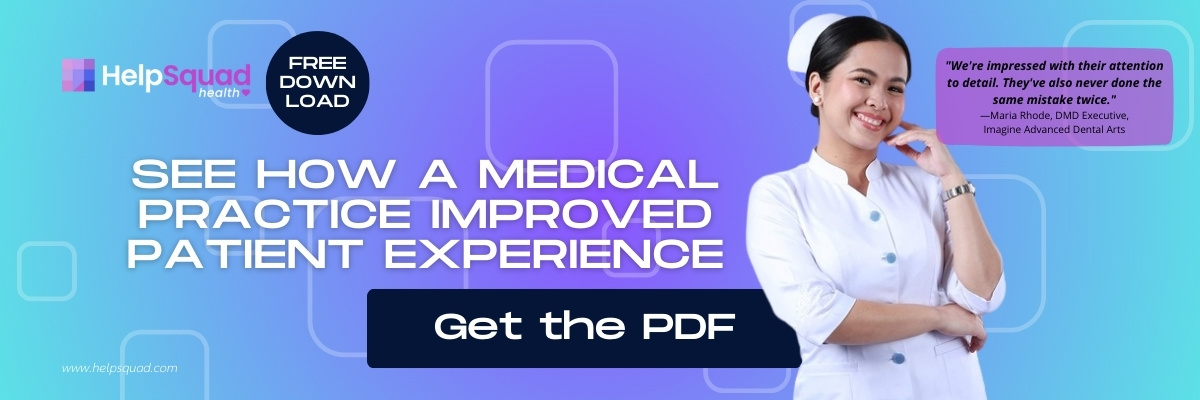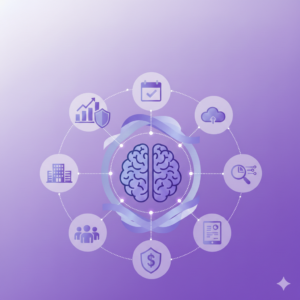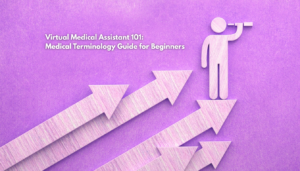AI Chatbot for Mental Health: Revolutionizing Emotional Support
03 Sep 2025 By: Vlade Legaspi
Updated

A mental health ai chatbot is an interactive software program designed to provide immediate emotional support and coping strategies through text or voice conversations. These digital tools use natural language processing to understand your feelings and offer evidence-based techniques like cognitive behavioral therapy. For example, if you are feeling overwhelmed at night, the chatbot can lead you through a guided breathing exercise to reduce anxiety instantly.
This article looks at their benefits, challenges, and the future of emotional care.
The Growing Need for Accessible Mental Health Support

One in four people worldwide face mental health disorders, says WHO. Yet, many can’t get timely or affordable care due to limited access and stigma.
Rural and poor areas often lack mental health services. Even cities face long waits and high costs. Fear of judgment also keeps people from speaking up.
An mental health ai chatbot gives fast, private help without the usual barriers. It supports users and guides them to professional care when needed.
These chatbots adjust to user needs by learning from chats. They suggest helpful tools, easing symptoms and building trust through a personal approach.
AI tools built by a reliable AI development company can stay active 24/7, helping people even during late-night crises. This round-the-clock support fills gaps left by traditional services.
Using an ai mental health app may also break stigma. They offer a safe space to talk, helping more people open up and push mental health into public conversation.
What Are Mental Health AI Chatbot?

Understanding the Technology
AI chatbots represent computer programs which use artificial intelligence to create human-like dialogue. The programs use natural language processing (NLP) to interpret user input while generating responses that demonstrate empathy.
The chatbot for therapy system for mental health support analyzes user tone and emotional state and environmental context to deliver improved assistance. The system detects emotional signals to provide personalized coping strategies that match individual requirements.
These systems implement specific therapeutic approaches through CBT and mindfulness and motivational interviewing techniques. The system generates responses that combine care with helpfulness because of its ability to understand user needs.
The system conducts actual conversations with users through emotional-based interactions. Users can access these services at all times because they provide immediate assistance to people who experience feelings of isolation and overwhelming situations.

Popular Mental Health Chatbots
Several AI chatbots have earned praise for their reach and support. Woebot uses CBT to track moods and help users shift negative thoughts.
Wysa blends AI with human coaching for deeper care. Replika acts as a chat buddy, learning from talks to give emotional support shaped to each user.
Each ai therapist chatbot offers quick help and builds self-awareness. They push users to grow stronger emotionally through regular use.
These tools show how ai for mental health can adapt to different needs. They make mental health help easier to reach and less scary for many people.
User data helps improve chatbot replies over time. As tech grows, these bots could link with wearables that track sleep or stress for fuller support.
Benefits of Mental Health AI Chatbot

24/7 Accessibility and Immediate Support
One big benefit of ai mental health chatbot tools is 24/7 support. Mental health crises don’t follow a schedule, so round-the-clock help can make a huge difference.
An mental health ai chatbot gives users someone to talk to any time they feel anxious, sad, or alone. This fast access can help stop things from getting worse.
Chatbots give tools to cope until professional help is available. They also let users speak without fear, offering a private space to share hard feelings.
The anonymous setup helps people open up more. Often, that first step talking leads to bigger healing.
Since support comes through a phone or computer with an ai mental health app, users get help at home. That ease removes common blocks tied to in-person therapy.
Cost-Effective and Scalable Solutions
Traditional therapy costs a lot and uses many resources. An ai mental health chatbot offers a cheaper option that can help millions at once.
This is key in low-resource areas or during crises like COVID-19. Chatbots help when demand for mental health care suddenly rises.
By cutting money and access barriers, they let more people get help early. Users can get care without waiting or paying high fees.
These tools ease pressure on therapists too. Pros can then focus on serious cases that need one-on-one care.
As ai for mental health grows, these bots may link with other health tools to give broader support. That could build a stronger care system for all.
Reducing Stigma and Encouraging Openness
Many people avoid mental health care due to fear or shame. An ai therapist chatbot gives privacy, making it easier to speak up without judgment.
Users feel safe sharing thoughts they might hide from others. This trust helps them reflect and start the path to healing.
Chatbot talks can build courage to seek more help later. These chats make mental health feel normal and easier to talk about.
As more people use these tools, mental health becomes less taboo. This change can break old myths and push society to be more open.
In time, more open talk leads to stronger support. People feel safe asking for help, and that builds a caring, informed community.
Personalized and Adaptive Interactions
An mental health ai chatbot learns from each chat to give personal support. It adjusts replies to match each user’s mood and needs.
This makes the help feel more real and useful. If it spots negative self-talk, it may offer exercises like mindfulness or thought rewiring.
These features mirror real therapy by giving care that fits each person. Over time, the chatbot grows smarter from user patterns.
As users return, replies get sharper and more helpful. This builds trust and makes the chatbot feel like a steady source of support.
Challenges and Ethical Considerations

Limitations of AI Chatbots
An mental health ai chatbot can help, but it can’t replace a real therapist. Serious issues like bipolar disorder or suicide need expert care.
Chatbots may miss subtle signs or fail to judge a crisis well. They can’t match the skill of trained mental health pros.
Replies may feel too scripted or miss deep emotion. This can frustrate users or make them stop using the chatbot.
Text chats also miss tone and body language. These human cues are key to full understanding and empathy in therapy.
If a bot can’t adjust to a user’s mood, it may feel cold. This can leave people feeling alone or unheard, hurting trust in the tool.
Privacy and Data Security
An ai mental health app handles private data, so strong security is key. Users must trust that their chats stay safe and unseen by others.
Developers must follow rules like GDPR and HIPAA. They must use strong encryption and remove personal info from records.
Clear info on how data is stored builds trust. Any misuse or leaks could harm users and their privacy.
There’s also risk of data being used for ads or profiling. Users need to know how their info is used and should control or delete it anytime.
This control helps users feel safe to open up. It creates a space where people can share honestly without fear.
Ethical Use and Bias Mitigation
An mental health ai chatbot can reflect bias if trained on flawed data. This may lead to unfair replies for some users.
To help all people equally, chatbots must be built with fairness in mind. They should work well for users from all backgrounds.
Clear rules should guide chatbot use. Users must know what the chatbot can and can’t do, and it should support, not replace, real therapists.
Ongoing checks help find and fix bias in replies. This keeps support fair and useful for everyone.
Mental health pros should help build these tools. Their input ensures ethical care and keeps human judgment in the loop.
The Future of Mental Health AI Chatbot

Integration with Traditional Care Models
The integration of ai for mental health continues to expand throughout mental health care systems. The technology functions as a screening device which directs users to suitable services and warns medical staff about developing threats. The combination of AI assistance with human guidance through therapy creates a hybrid system which uses technological resources to maintain human interaction in mental health support.
AI systems integration into healthcare systems enables better care continuity and progress tracking and generates analytical information to enhance treatment success rates. The system uses mental health ai chatbot detection of anxiety or depression symptoms to schedule a follow-up appointment with a qualified therapist who will provide immediate assistance to users. The combination of AI and human care enables mental health professionals to handle complex cases while users receive instant support through this automated system.
Advancements in Emotional Intelligence and AI
Future chatbot for therapy tools will read tone, face, and body signs to better sense emotions. This will make replies feel more real and caring.
Voice and camera inputs may help bots give tailored support. These tools will shrink the gap between human and AI help.
Better language tools will let chatbots craft replies that feel kind and real. Users may feel heard and more willing to open up.
As bots learn from chats, their skills will grow. Each talk helps the mental health ai chatbot respond better next time.
This tech boost builds trust. Users will feel seen and valued, making support more personal and helpful.
Expanding Accessibility and Global Reach
As mental health ai chatbot tech grows cheaper and easier to use, more people worldwide will gain access, especially in places with few resources.
Bots with many languages and cultural awareness can break down barriers. They bring support to those who fear seeking help in person.
Working with groups like schools, NGOs, and clinics can place chatbots where people live, learn, and work, making help easy to reach.
This setup promotes mental wellness early. It gives people a safe place to talk and ask for help before issues grow worse.
Teaching people how to use these tools builds confidence. It helps create a world where mental health talks are normal and open.
Trending Now!
The American Psychological Association (APA) has expressed critical concerns about uncontrolled mental health ai chatbot tools that pretend to offer therapy because they create risks for vulnerable users particularly children. The Federal Trade Commission (FTC) needs to establish strict regulations according to APA after multiple fatal incidents involving these chatbots. The simulated empathetic dialogues from entertainment-based mental health ai chatbot at Character.AI and Replika create false impressions of therapy while actually promoting destructive mental states instead of therapeutic solutions. The American Psychological Association states that professional therapists receive extensive training yet unmonitored therapy chatbot programs create dangerous situations for users through deceptive practices.
Conclusion: Embracing AI Chatbots as a Complementary Tool
A mental health ai chatbot offers fast, low-cost, and private support. It’s not a full replacement for therapy, but it adds strong value.
These bots give quick help and tailored tools to manage stress. They work well alongside doctors and therapists for daily care.
Better AI and ethical design will boost trust and results. Chatbots will help more people build strength through hard times.
As mental health gets more focus, these tools will grow in reach. They’ll support a world where care is open, fair, and easy to access.
If you’re ready to explore compassionate, mental health ai chatbot driven support, talk to us today. Together, we can make mental wellness more accessible, responsive, and empowering for everyone.


